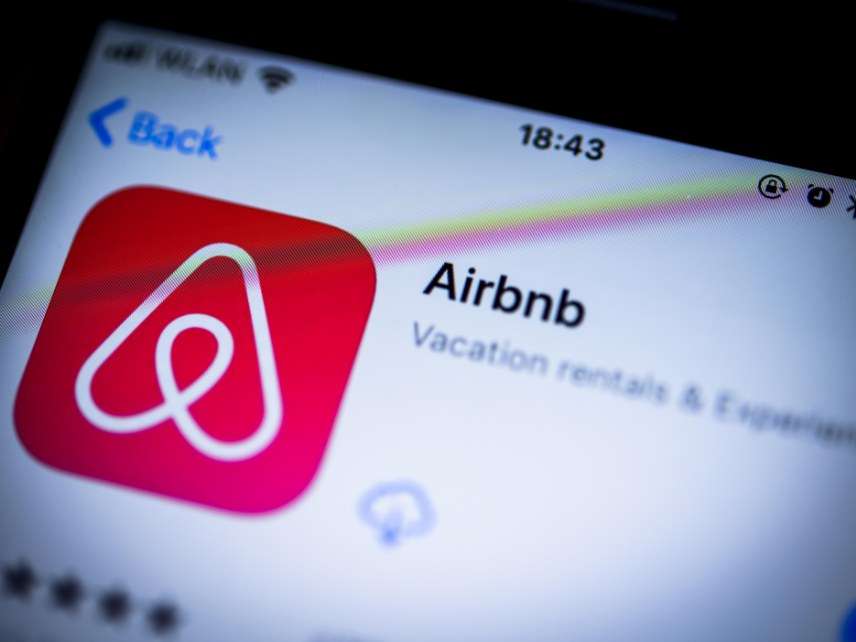Judge Blocks New York City Law Demanding Airbnb Share Reams of Private Host Data
Online room-sharing services had no avenue to legally challenge demands for private info.

No, New York City officials cannot just order the room rental platform Airbnb to vomit up all of its private data about its hosts and listings every month so the government can monitor them.
That ruling by a federal judge Thursday puts a temporary block on the implementation of an ordinance that had been set to launch in February. As part of the city's hotel-industry-pushed war on homesharing, officials had passed a law in July that ordered online listing platforms such as Airbnb and HomeAway to provide monthly reports to a city agency. The reports were supposed to document the name and physical address of every property being rented through their services, the number of days each listing was rented, the amount of money being paid in fees, and more. All of this information was being demanded so the city could monitor the residences to make sure they're not violating New York's law against short-term rentals for some types of properties.
Airbnb and HomeAway challenged the new law as violations of their Fourth Amendment rights. They noted that thre was no due process involved in the system, and no administrative recourse to challenge an order. The city did not have to suspect any sort of wrongdoing in order to demand somebody's personal records about their homes or properties.
Judge Paul Englemayer of the U.S. District Court, Southern District Court of New York, agreed. He put in place a temporary injunction keeping New York City from demanding these records as the case moved forward. Englemayer notes that the sheer breadth of information being demanded by the city is a problem:
[T]he Ordinance applies across-the-board to all short-term listings in New York City. It does so regardless whether there is any factual basis whatsoever to suspect that any particular listing, or user, or building, or complex, at issue is in violation of the Multiple Dwelling Laws.
This untailored demand for mass amounts of records every single month, the judge decided, is not what would fall under a "reasonable" search of records.
An interesting detail about this ruling: Despite the occasional stabs of explanation that these room rentals are gobbling up available rental housing, it's increasingly obvious that city leaders are fighting Airbnb at the bidding of the hotel industry, which is chafing at the effects of competition. It's stated so very bluntly in Englemayer's ruling, and it's impossible to ignore the direct involvement of representatives from the hotel industry in the crafting of these laws.
That matters because one Supreme Court precedent that Englemayer invoked is Los Angeles v. Patel. This 5–4 decision from 2015 determined that cities cannot simply demand a hotel's guest records without giving the hotel owner a legal avenue to challenge it. In Los Angeles, a city ordinance allowed law enforcement to look at a hotel's guest registries without having to get a warrant or subpoena. If hotel owners or staff attempted to resist the order, they faced immediate arrest. Because there was no due process here, the court held that the law was unconstitutional.
For the same reasons, Englemayer ruled that New York City cannot demand a constant flow of records to a city agency without any sort of mechanism by which a company can challenge the orders. So that means this ordinance in New York City, crafted with the participation of hotel industry lobbies, has run afoul of a precedent that protects the Fourth Amendment rights of hotel owners and operators.
And yet, The New York Times notes, the hotel union backs the law. Fourth Amendment protections for me, but not for thee.
Unfortunately, there's nothing about the ruling that protects the right of property owners to rent out their rooms or homes. Fundamentally, it doesn't even say the city cannot demand data from these companies about the properties participating in room-sharing. But it does say the city cannot simply demand that these services provide all their data without any sort of legal recourse to challenge it.
Read the judge's decision here.


Show Comments (9)